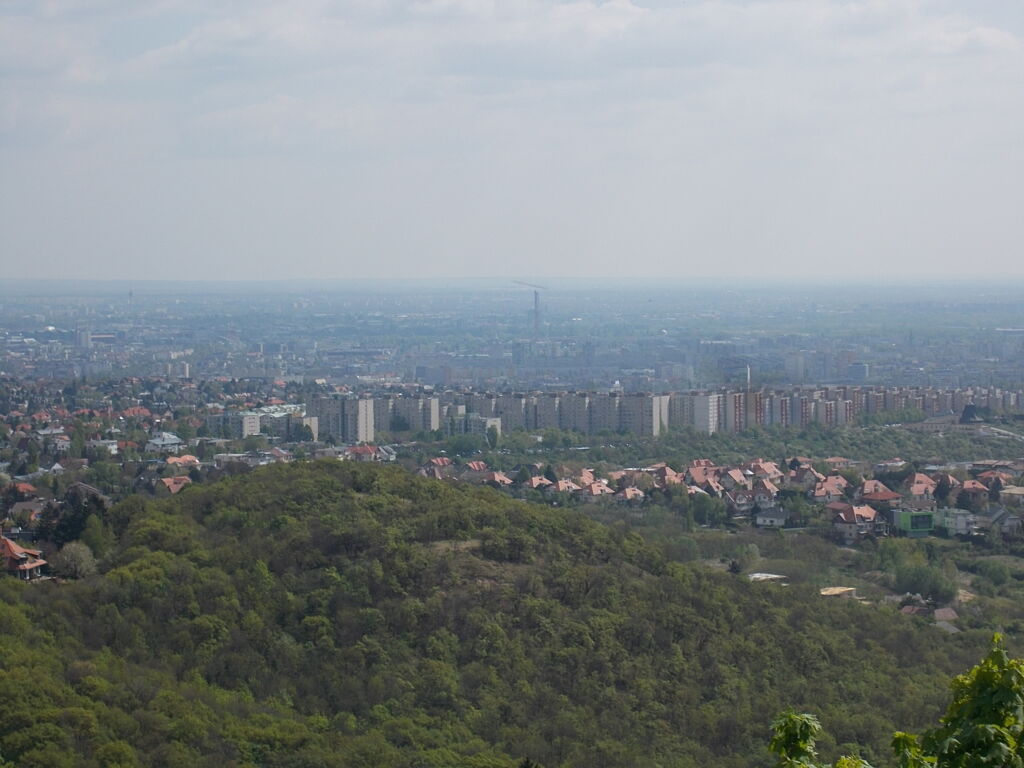The Hungarians lived with ‘equity’ — they didn’t like it
A few years ago my wife and I were in Hungary on the trail of her ancestors. To help us, we hired a guide to take us out around the rural area they had left when they emigrated to the United States just before World War One.
As we were leaving Budapest, we passed a series of grey, concrete slabs which turned out to be apartment blocks. The guide pointed them out, and said they were known as Panelház: they had been mass produced in parts by the communist government of Hungary and assembled onsite. She told us that when she was a kid in the 1980s, a popular soap opera called Szomszédok had been set in such buildings. They filmed the whole thing in one apartment, she said, no matter which apartment the scene was set in. It didn’t matter, the guide explained, because every flat was identical.

As then Senator, now Vice President, Harris explained in a short video recently:
Equitable treatment means we all end up at the same place
It would seem, then, that the Hungarians of the 1980s were living in a state of something approaching economic ‘equity’: they were certainly much closer to it than we in the United States are today.
But the Hungarians don’t seem to have enjoyed it much: In 1989, they rose up and overthrew the regime that gave them identical apartments. Why?
Because people aren’t the same. Each one is a unique individual. The way they live their lives will reflect that. If people are endlessly diverse, why shouldn’t their apartments be so, too? By enforcing this uniformity — all in the name of ‘equity’ — the Hungarian communist government was denying people their individuality: “Everybody was the same and everybody was miserable,” our guide told us.
Recently, I wrote that:
…while I find the idea of hiking an already high tax rate even higher slightly exasperating, I don’t think that wanting to do so makes you a raving commie either.
Isn’t that exactly what I’m doing here?
No. You can want to hike the top rate of state individual income tax from 9.85% to 10.85% without being commie, but if you are touting economic equity as a goal of government policy, the Hungarian government of the 1980s shows you what it would take to accomplish that.
Equity is frequently the enemy of equality. Frequently, it is also the enemy of happiness, too.
John Phelan is an economist at the Center of the American Experiment.